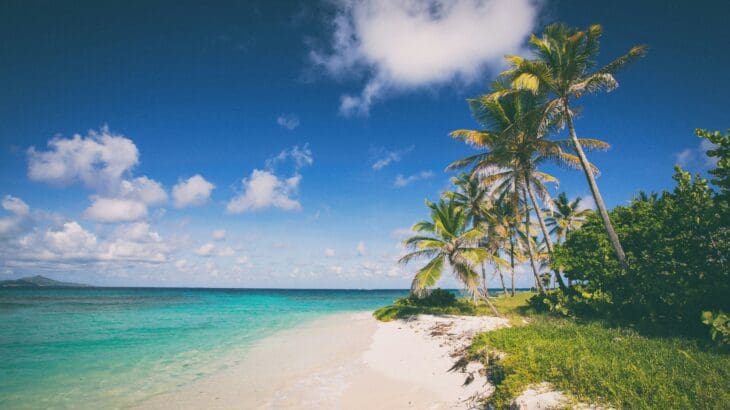St. Eustatius and Saba, islands of the Dutch Caribbean, are boldly pushing their island systems to be solar and wind powered.
In St. Eustatius, a solar field is being expanded and at the projects completion in September, solar energy will generate 46% of the island’s electricity. Wind energy is under assessment and if added could take the percentage to 66% in 2020.
In Saba, two solar fields will be developed, the first currently underway with an anticipated completion date of July 2017 and the second by 2019. The two solar fields will generate 49% of the island’s electricity, and up to 90% on a sunny day.
Geothermal energy remains an option, but will only be further explored after positive try-outs using this technique have proven successful on nearby islands. A feasibility study of geothermal energy will take place after 2018 if the results using this technique are positive on other Caribbean islands.
In Bonaire, the windmills generate 40 per cent of the total electricity supply. Bonaire has potential for the technology of Ocean Thermal Energy Conversion (OTEC) which uses the difference in temperature of the deep, cold ocean water and the shallow, warmer sea water to generate power. A feasibility study will take place for the OTEC system which, if fully implemented, would enable Bonaire to generate 100 per cent of its energy in a sustainable manner.
Once all actions have been realised, the three islands will strengthen their position as a front runner and an example for comparable islands in the world, stated Kamp. With the existing infrastructure and the short- and long-term plans the Caribbean Netherlands will be among the world’s most sustainable islands where it comes to electricity production.
The Minister announced that per January 1, 2018, he will make the so-called Demonstration Energy Innovation DEI regulation available for the Caribbean Netherlands. This means that the private sector in the Netherlands and on the islands can apply innovative technologies which save energy of generate renewable energy on the local market. The DEI regulation can assist in stimulating innovation solutions for the long-term investment challenges.


